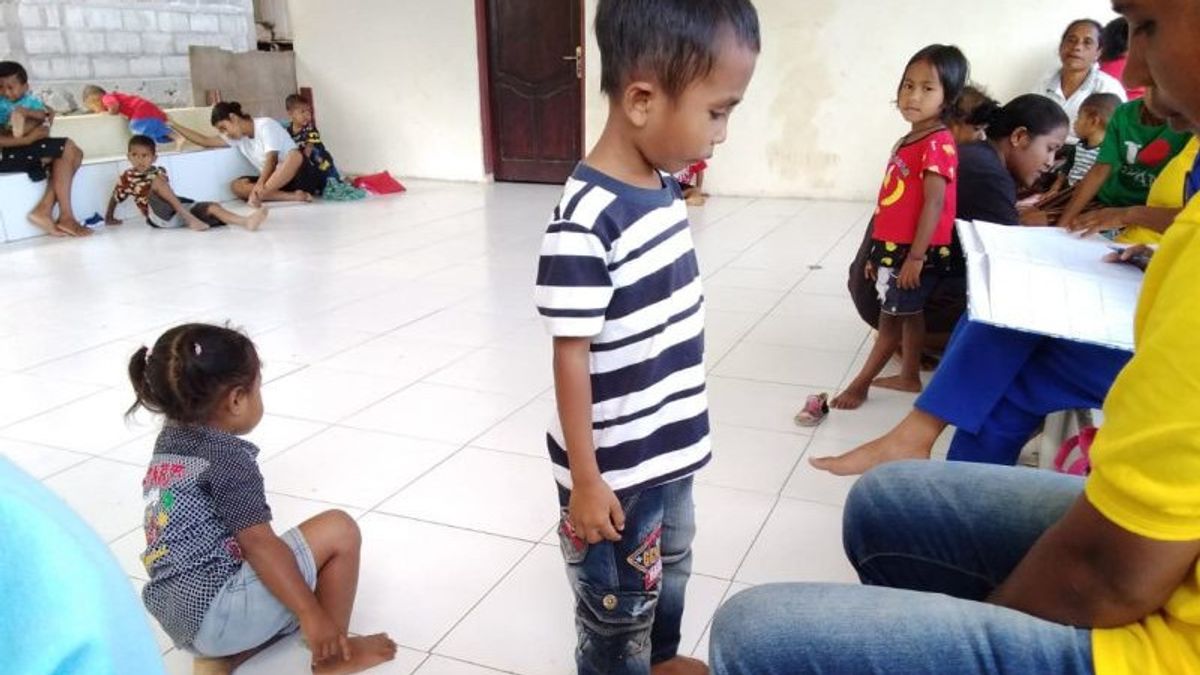JAKARTA - The Indonesian Institute, Center for Public Policy Research (TII) research institute encourages optimization of stunting management ahead of the commemoration of National Children's Day.
"Various factors that need to be optimized to end stunting include strengthening household food security, quality health services, a friendly environment for women and quality parenting with a gender perspective," said TII Social Researcher, Nisaaul Muthiah when contacted, Wednesday, July 20. .
The stunting prevalence rate in Indonesia in 2021 is still 24.4 percent. Nisaaul said this condition is still far from the target of the Sustainable Development Goals (SDGs).
According to Nisaaul, efforts to overcome stunting are very important for child development and nation building because stunting is a big threat to the development of the quality of human resources.
He said, household food security is very important to meet nutritional needs since pregnancy.
In addition, a friendly environment for women is needed to support mothers in providing exclusive breast milk (ASI) until the baby is six months old.
Based on the Antara report, exclusive breastfeeding is very important to prevent stunting. However, he said, not all workplaces provide a place for breastfeeding for mothers as stated in Government Regulation (PP) Number 33 of 2013 concerning Exclusive Breastfeeding.
"Awareness of various parties in the elimination of stunting is very much needed, including the private sector and the government to reinforce the various rules for preventing stunting that already exist," he said.
In addition, we also need to encourage and supervise the ratification of the Maternal and Child Welfare Bill (RUU KIA). "To strengthen efforts to prevent and eliminate stunting in Indonesia," he concluded.
The English, Chinese, Japanese, Arabic, and French versions are automatically generated by the AI. So there may still be inaccuracies in translating, please always see Indonesian as our main language. (system supported by DigitalSiber.id)













